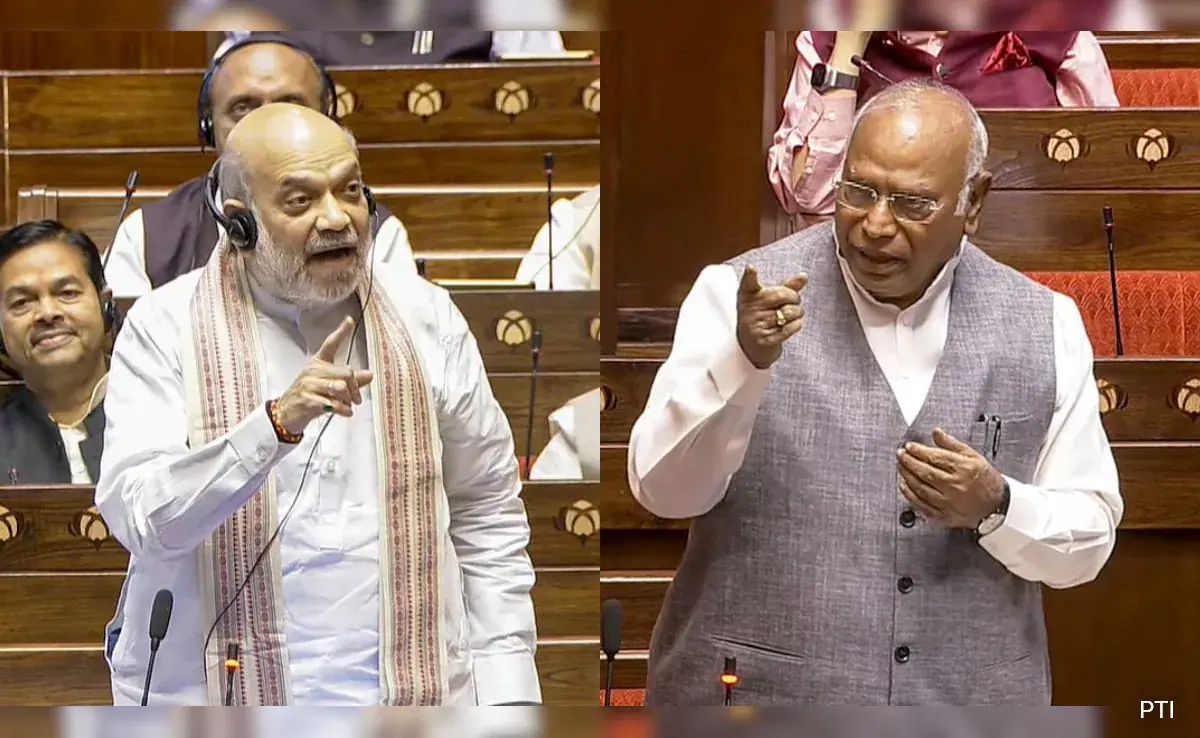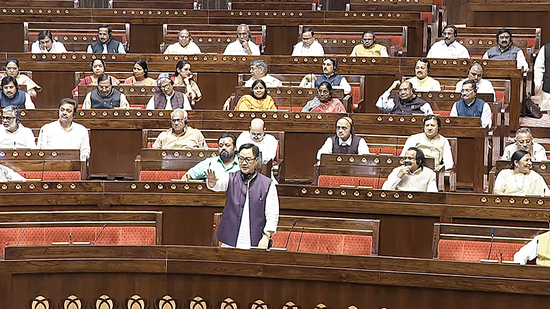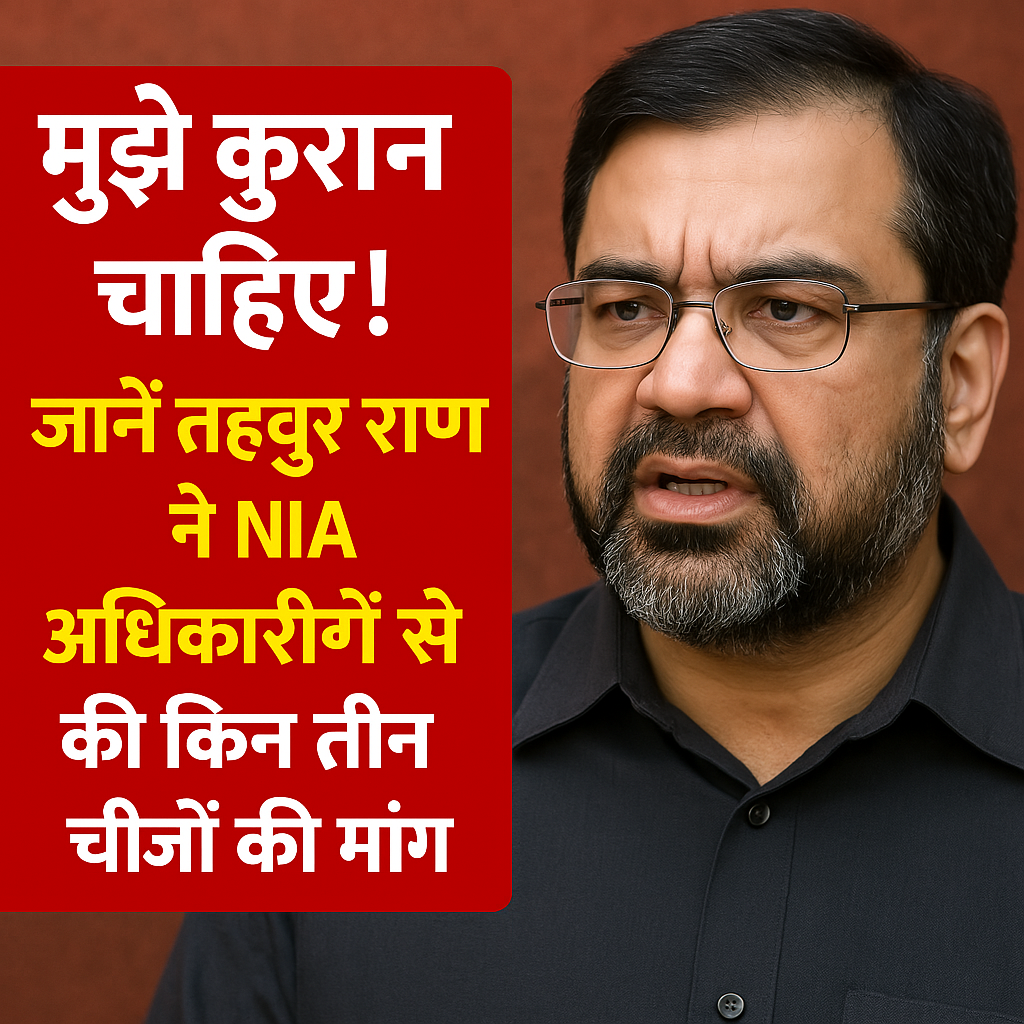
Waqf Bill: A Complete Overview of Its Purpose, Provisions, and Impact
The Waqf Bill is a legislative framework designed to regulate and manage waqf properties more effectively. Waqf, an Islamic endowment of property for religious or charitable purposes, plays a crucial role in supporting community welfare. The Waqf Bill aims to enhance transparency, prevent mismanagement, and ensure that these assets are utilized for their intended purposes.
In this article, we will explore the Waqf Bill in detail, covering its objectives, key provisions, benefits, and challenges.
What Is the Waqf Bill?
The Waqf Bill is a proposed or enacted law that governs the administration and supervision of waqf properties. These properties include land, buildings, and other assets donated under Islamic law for religious, educational, or charitable purposes.
Objectives of the Waqf Bill
The primary goals of the Waqf Bill include:
- Preventing Misuse: Ensuring waqf properties are not illegally occupied or misused.
- Improving Transparency: Mandating proper audits and records for all waqf assets.
- Enhancing Revenue Generation: Optimizing the use of waqf properties to generate funds for community development.
- Strengthening Governance: Establishing clear guidelines for waqf boards and administrators.
Key Provisions of the Waqf Bill
The Waqf Bill introduces several important provisions to streamline the management of waqf properties:
1.Digitalization of Waqf Records
- All waqf properties must be registered in a centralized digital database.
- This helps in tracking ownership, preventing encroachment, and ensuring accountability.
2. Strict Penalties for Unauthorized Use
- Unlawful occupation or sale of waqf land can lead to heavy fines and imprisonment.
- This discourages illegal possession and ensures properties remain dedicated to their original purpose.
3. Formation of State and Central Waqf Councils
- These councils oversee the functioning of waqf boards and resolve disputes.
- They also ensure compliance with the Waqf Bill regulations.
4. Leasing and Commercial Use of Waqf Properties
- The bill allows waqf boards to lease properties for commercial purposes.
- Revenue generated can fund educational institutions, healthcare, and other charitable activities.
Benefits of the Waqf Bill
The Waqf Bill brings several advantages to the management of Islamic endowments:
1. Protection of Waqf Assets
Prevents illegal encroachment and ensures properties are used as per the donor’s wishes.
2. Economic Empowerment
Revenue from waqf properties can support scholarships, hospitals, and poverty alleviation programs.
3. Improved Accountability
Regular audits and digital records reduce corruption and mismanagement.
4. Community Development
Funds from waqf assets can be used to build schools, mosques, and community centers.

Challenges in Implementing the Waqf Bill
Despite its benefits, the Waqf Bill faces several challenges:
1. Legal Disputes Over Waqf Properties
Many waqf lands are entangled in prolonged court cases, delaying their productive use.
2. Lack of Awareness
Many Muslims are unaware of their rights regarding waqf properties, leading to underutilization.
3. Political Interference
Some politicians influence waqf boards for personal gains, undermining the bill’s objectives.
4. Administrative Delays
Bureaucratic hurdles slow down the implementation of reforms under the Waqf Bill.
How Does the Waqf Bill Impact Society?
The Waqf Bill has far-reaching effects on both the Muslim community and society at large:
1. Strengthening Religious Institutions
Mosques, madrasas, and Islamic centers receive better funding and maintenance.
2. Boosting Education and Healthcare
Income from waqf properties can establish schools and hospitals, benefiting all communities.
3. Reducing Poverty
Charitable initiatives funded by waqf revenues can provide financial aid to the underprivileged

Future of the Waqf Bill
The Waqf Bill is a progressive step toward better management of Islamic endowments. However, its success depends on:
Effective enforcement of laws.
- Public awareness campaigns to educate Muslims about their rights.
- Reduction in political interference to ensure transparency.
- If implemented properly, the Waqf Bill can transform waqf properties into powerful tools for social and economic development.
Frequently Asked Questions (FAQs)
Q1: What does the Waqf Bill mean?
The Waqf Bill refers to legislation aimed at regulating Islamic endowments (waqf properties), which include assets like land, buildings, or funds donated for religious, educational, or charitable purposes under Islamic law. The bill ensures these assets are managed transparently, protected from misuse, and utilized for community welfare.
Q2: What is the Waqf Board Bill 2025?
The Waqf Board Bill 2025 is an upcoming or proposed amendment to existing waqf laws, expected to introduce stricter governance, digital tracking of waqf properties, and penalties for illegal encroachment. Its goal is to modernize Waqf Boards and enhance their efficiency in managing Islamic endowments.
Q3: What is the meaning of waqf law?
Waqf law governs the administration of waqf assets, ensuring they remain dedicated to their original purpose (e.g., mosques, schools, or hospitals). It outlines rules for trustees (mutawallis), prevents unauthorized sales, and mandates audits to prevent corruption.
Q4: What is the purpose of the Waqf Board?
The Waqf Board is a statutory body that:
- Protects waqf properties from illegal occupation.
- Generates income through leases or investments to fund community projects.
- Ensures compliance with Islamic principles and legal frameworks.
- Supports education, healthcare, and poverty alleviation through endowment revenues.
Conclusion
The Waqf Bill is a crucial legal framework aimed at safeguarding and optimizing waqf properties for community welfare. By preventing misuse, enhancing transparency, and promoting economic growth, this bill has the potential to uplift millions. However, overcoming legal, administrative, and political challenges will be key to its success.
Understanding the Waqf Bill and its implications can help stakeholders—donors, administrators, and beneficiaries—work together to ensure these religious endowments serve their true purpose.




